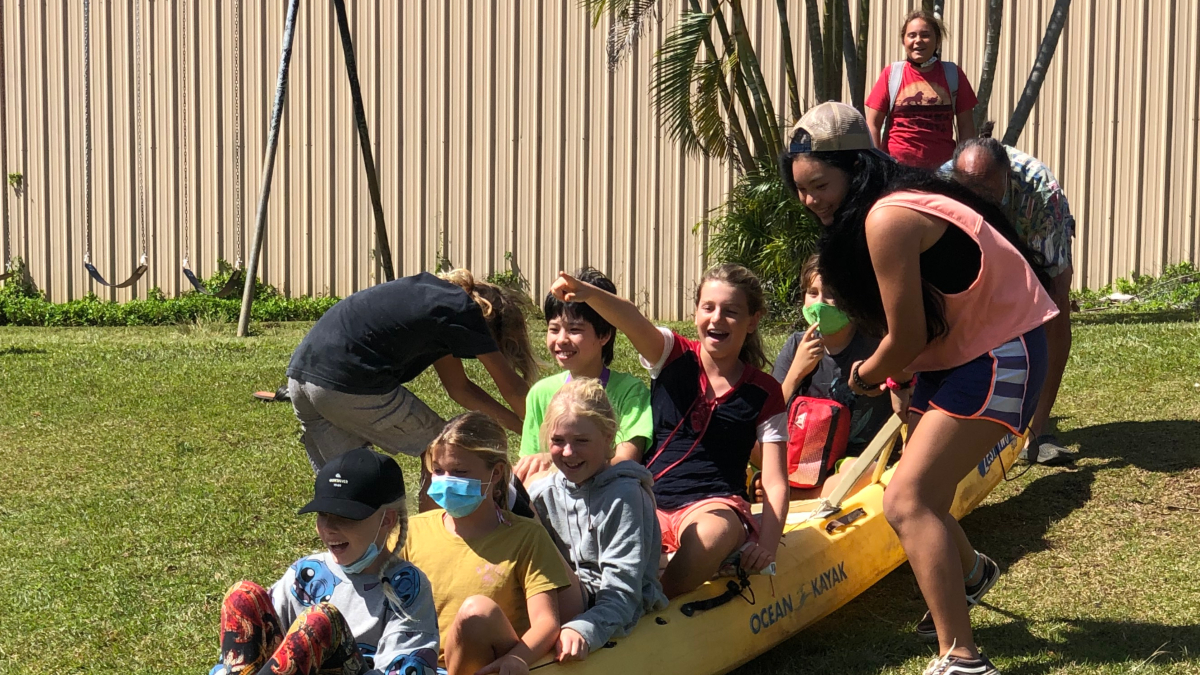In our approach to education at Alaka’i O Kaua’i Charter School, we emphasize methods that foster learners’ social-emotional learning. Social-emotional learning is the process through which learners understand and manage emotions, set and achieve positive goals, feel and show empathy for others, and establish and maintain positive relationships to make responsible decisions.
We believe it’s vital to help learners develop skills such as social awareness, self-management, regulation of emotions, and self-awareness so they can weave these abilities through every facet of their lives. When emotional intelligence is nurtured and developed, it can inspire creativity and increased engagement.
Over the coming weeks, we will explore nine pillars of social-emotional learning (SEL) at Alaka’i O Kaua’i:
- Social intelligence
- Optimism
- Gratitude
- Purpose
- Growth mind-set
- Self-control
- Curiosity
- Zest
- Grit
But why is SEL so important?
To adapt to an increasingly globalized economy, education must emphasize more than rote knowledge. We believe learners should be empathetic, critical thinkers who thoughtfully engage with the world around them. Modern employers prize these skills in the workplace, and research suggests employees with more highly developed social-emotional strengths earn more and are more productive.
Additionally, focusing on non-cognitive skills may further improve reading, writing, and mathematics performance in kids, according to the nonpartisan think tank Economic Policy Institute.
We measure and report SEL progress as part of every project, individualized learning plan goal, and Report of Progress. We have also developed SEL and academic rigor rubrics that add a well-balanced approach to academics and reflective practice for facilitators, learners, families, and administrators. Other elements of our SEL implementation, practice, and assessment include our Learner-Led Conferences (LLCs), Presentations of Learning (POLs), Passion Projects, Individualized Learning Plans (ILPs), Advisory Program, Morning Meetings, learner-led ambassador groups, and restorative approaches to discipline.
PBL expert and iLEAD partner Thom Markham summed up why social-emotional learning is so vital. “Navigating a changing world demands a communicative, creative, and collaborative person with a flexible, empathetic, resilient, and persistent temperament,” he said. “It’s time to make a change to our mind-set and be far more intentional about teaching the dispositions and personality attributes that lead to better work ethic, more engagement, improved relationships, a greater sense of well-being — and better projects.”
At Alaka’i O Kaua’i, our goal is nothing less.


